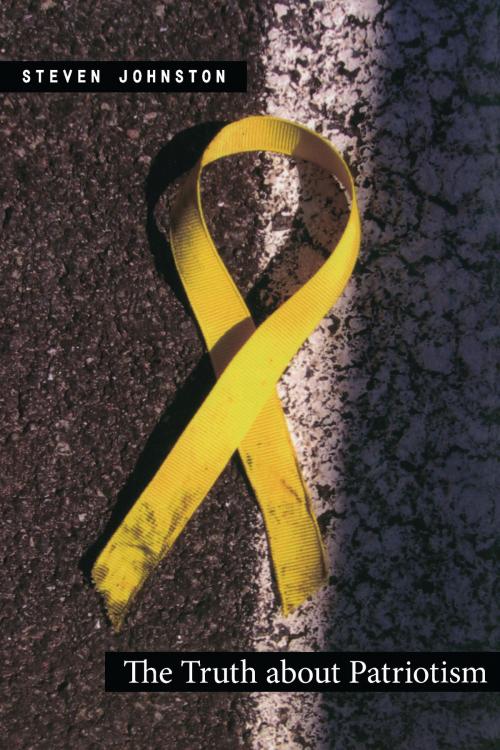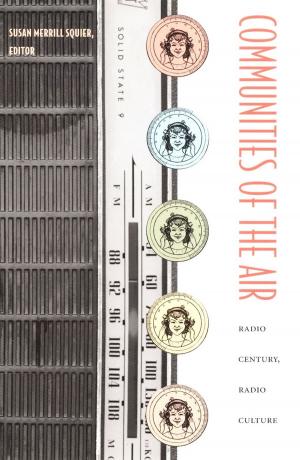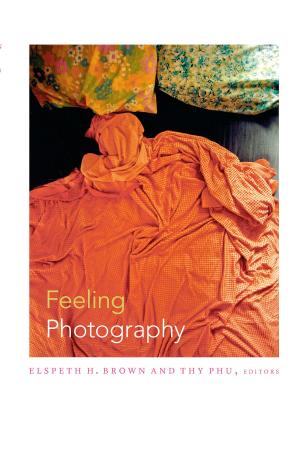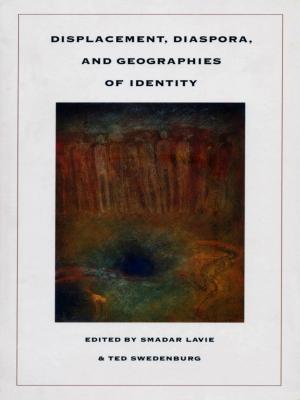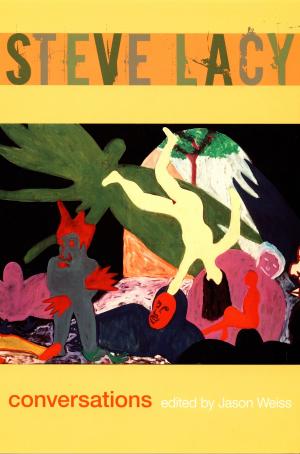The Truth about Patriotism
Nonfiction, Social & Cultural Studies, Political Science, Politics, History & Theory| Author: | Steven Johnston | ISBN: | 9780822390497 |
| Publisher: | Duke University Press | Publication: | August 29, 2007 |
| Imprint: | Duke University Press Books | Language: | English |
| Author: | Steven Johnston |
| ISBN: | 9780822390497 |
| Publisher: | Duke University Press |
| Publication: | August 29, 2007 |
| Imprint: | Duke University Press Books |
| Language: | English |
The Truth about Patriotism is a bracing repudiation of the claim that patriotism is essential—or even beneficial—to democracy. Contending that even at its best patriotism subverts the democracy it purports to value, Steven Johnston turns to patriotism’s defenders to show how they must jettison much of democracy to champion patriotism. Closely examined, patriotism itself effectively demonstrates the impossibility of love of country. Patriotism, Johnston argues, tends toward narcissistic self-regard, blind to its violent ways of being in the world and its dependence on death. Thus we would be better off without it.
Drawing largely from aspects of American political and popular culture, this wide-ranging book presents a wealth of examples to disclose patriotism’s self-defeating character. They include Richard Rorty’s and John Schaar’s enmity-driven love of country, Socrates’s angry judicial suicide, the violent obsessions of High Noon and Saving Private Ryan, the triumphalist self-display of the World War II Memorial, Oliver Stone’s and Don DeLillo’s spectacular representations of the assassination of President Kennedy, George W. Bush’s symbolic sacrifice of more Americans in commemoration of September 2001, and yet other memorials to and apologies for patriotism. Ultimately, Johnston calls for a vision of democracy that uses the tragic possibilities inherent in politics as a spur to a life-affirming civic ethos of reciprocal generosity.
The Truth about Patriotism is a bracing repudiation of the claim that patriotism is essential—or even beneficial—to democracy. Contending that even at its best patriotism subverts the democracy it purports to value, Steven Johnston turns to patriotism’s defenders to show how they must jettison much of democracy to champion patriotism. Closely examined, patriotism itself effectively demonstrates the impossibility of love of country. Patriotism, Johnston argues, tends toward narcissistic self-regard, blind to its violent ways of being in the world and its dependence on death. Thus we would be better off without it.
Drawing largely from aspects of American political and popular culture, this wide-ranging book presents a wealth of examples to disclose patriotism’s self-defeating character. They include Richard Rorty’s and John Schaar’s enmity-driven love of country, Socrates’s angry judicial suicide, the violent obsessions of High Noon and Saving Private Ryan, the triumphalist self-display of the World War II Memorial, Oliver Stone’s and Don DeLillo’s spectacular representations of the assassination of President Kennedy, George W. Bush’s symbolic sacrifice of more Americans in commemoration of September 2001, and yet other memorials to and apologies for patriotism. Ultimately, Johnston calls for a vision of democracy that uses the tragic possibilities inherent in politics as a spur to a life-affirming civic ethos of reciprocal generosity.
